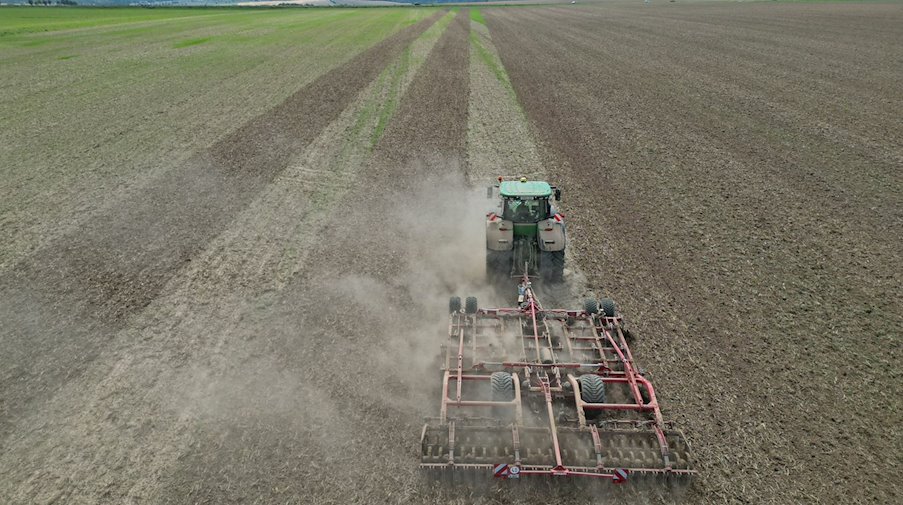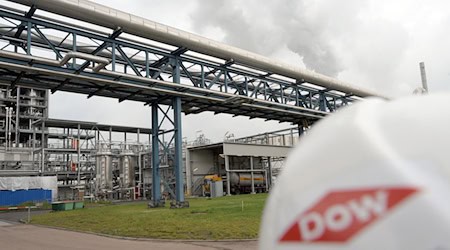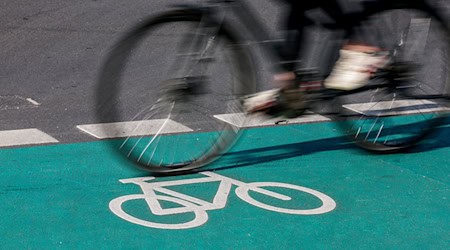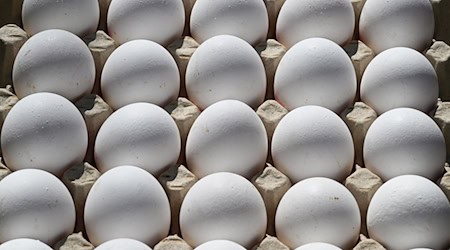Farmers in Saxony are to receive compensation for delays in the disbursement of EU funds. This was agreed by the Saxon cabinet on Tuesday. The compensation is to be paid out once and in a lump sum, it was said. The lump sum will be calculated in a standardized manner and will cover costs such as interest charges for any bridging loans, deferral fees or any consulting services that may be required. It is still unclear how many farms will apply for such compensation.
In concrete terms, the case concerns direct payments from the EU. In Saxony, these are usually paid out at the end of the year - a total of around 241 million euros for around 7,000 farms. At the end of October, the Ministry of Agriculture admitted that this would probably not happen until February due to problems with software adaptation. The ministry claimed that regulations on the European Union's common agricultural policy had been fundamentally changed from 2023 onwards and that there was a lack of IT specialists for the software adaptations.
The delay sparked protest and resentment from the state farmers' association and other farmers' interest groups. They pointed out that farmers have many bills to pay at the end of the year, including rent, insurance and contributions to the employers' liability insurance association. For individual farms, it is a matter of survival.
"Agricultural subsidies, especially in the area of direct payments, are now highly complicated," Günther once again appealed for understanding on Tuesday. The many new and late-adopted regulations had to be integrated into the application software. The process was delayed for technical reasons and due to the shortage of specialists. "That is regrettable. We have therefore found a solution with the compensation for disadvantages that compensates for possible burdens on farms. At the same time, we are working with the highest priority on the fastest possible payment."
The compensation for disadvantages will only be paid once the outstanding direct payments have been made, Günther continued. As a result, one percent of the sum of the direct payments will be made available for this purpose.
Copyright 2023, dpa (www.dpa.de). All rights reserved










